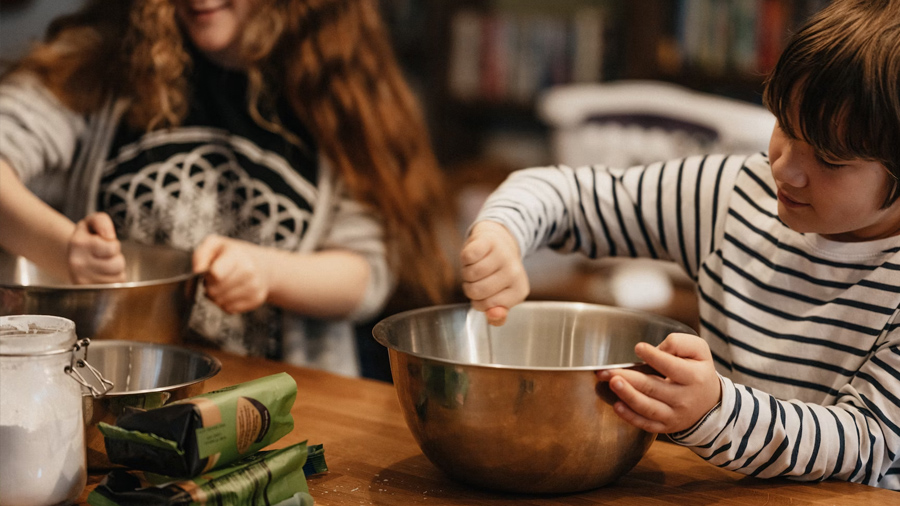Autism Support Services (OAP)
Support Services for Autistic Children to Build Life Skills

Occupational Therapy Assistants (OTAs) help children with Autism practice life skills, behavioural strategies, and work towards independence at home and in the community
One Rehab’s Occupational Therapy Assistants (OTAs) carry out recommendations and treatment plans from Registered Occupational Therapists (OTs). Don’t have an Occupational Therapist on your team?
One Rehab can also connect you with an OT for assessment and treatment.
The goal of providing Occupational Therapy Assistant (OTA) services in the home and community involves practicing and building life skills and daily routines in real-world settings
Research evidence shows that an effective ways for Autistic children to build independent living skills is to practice the skill in the environment where it normally takes place (i.e. home or community)*.
For example, it is effective to practice the use of a visual schedule for morning and evening routines in the home. Likewise, it is effective to help children with Autism expand their interests by engaging in leisure activities in the community while implementing behavioural and coping strategies.

Working with an OTA in the home and community offers the following benefits:
• Improving cognitive skills through neuro-rehab programming (e.g. increased memory and attention)
• Cost-effective way to complete the repetitive practice required to build life skills
• Reduces the time required for caregivers to drive to/ from a clinic for treatment sessions, as the OTA will come to your home or complete sessions in the community
How Can Occupational Therapy Assistants Help?
Under the direction of a Regulated Health Professional, the following are examples of goals achieved with OTAs at Home and in the Community:
- Managing behaviours in public spaces
- Completing morning and evening routines at home with increasing independence
- Practicing social skills and communication skills across different environments
- Practicing coping skills in real world situations
- Expanding interests & engaging in a variety of leisure activities (at a swimming pool, park, community centre /YMCA)
- Implementing strategies for selective eating, increasing range of foods eaten, and independence with eating
- Completing chores at home
- Building attention/ focus during non-preferred functional tasks
- Creating structure to build school skills and complete homework tasks
- Building executive functioning skills such as planning, organization, and time management
- Improving fine and gross motor abilities
- Practicing the skill/routine of using a visual schedule to complete daily activities
- Learning to manage overstimulation in public
- Increasing independence outside of parental supervision/prompting
- Implementing sleep hygiene and relaxation techniques
- Improving mental health by practicing coping skills in real world situations
Under the direction of a Regulated Health Professional, the following are examples of goals achieved with OTAs at Home and in the Community:
- Learning to complete tasks such as laundry, cooking, grocery shopping and money management
- Maintaining a volunteering position to build employment skills
- Accessing additional community resources to build independent living skills
Please contact Jennifer Berg-Carnegie at jennifer@onerehab.ca to discuss your client’s needs and treatment goals.
*Evidenced-Based Practices for Children, Youth, and Young Adults with Autism (National Clearinghouse on Autism Evidence and Practice Review Team, 2020)

